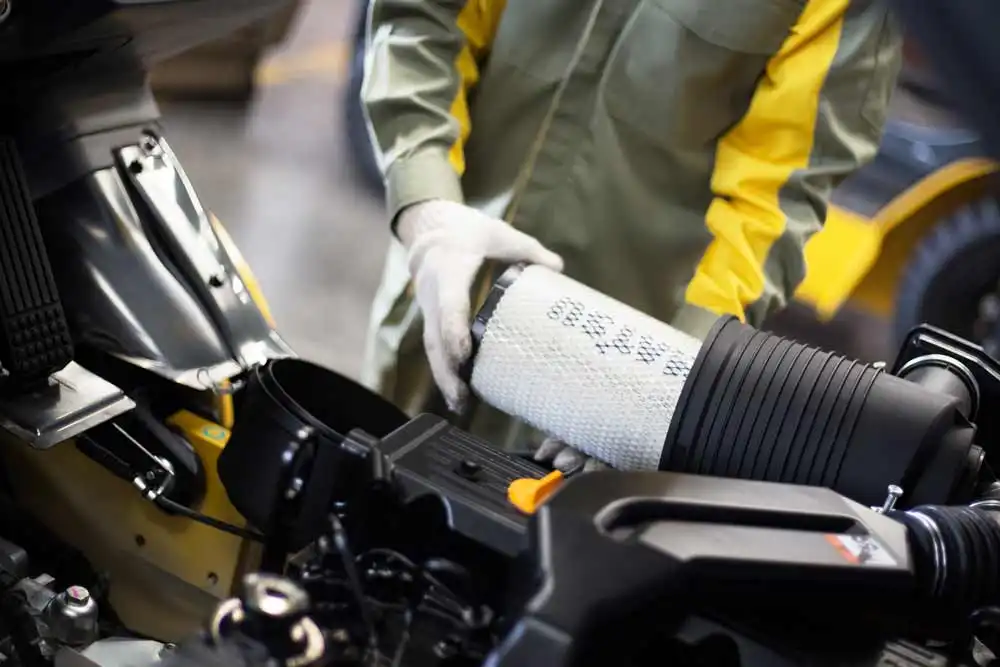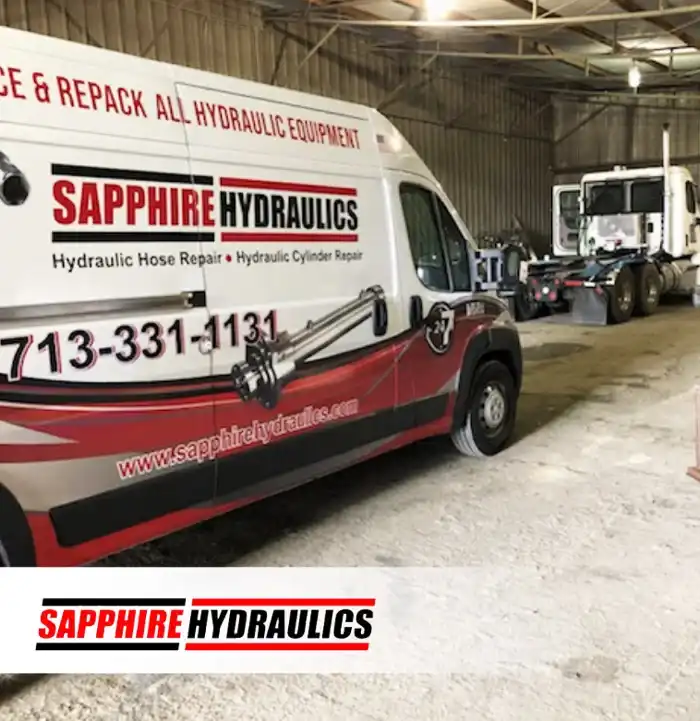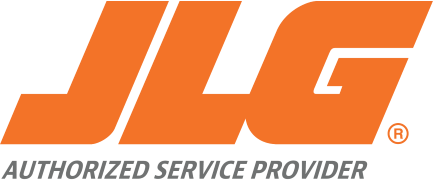 24 hour on-site hydraulic repair, replacement, hose & fitting services.
24 hour on-site hydraulic repair, replacement, hose & fitting services. 24 hour on-site hydraulic repair, replacement, hose & fitting services.
24 hour on-site hydraulic repair, replacement, hose & fitting services.

Forklifts can be invaluable pieces of machinery, especially when you have a task which requires lifting heavy materials and transporting them to an alternate location. They are commonly found in factories, warehouses, and on construction sites, where it is often necessary to re-position very heavy materials from one place to another.
From moving new shipments in a receiving center, to moving cargo on ports and docks, the forklift is an extremely vital tool that needs to be in full working order to ensure that all shipments are moving on the established timeline.
Without these extremely versatile machines, unloading of trucks, ships, and recycling containers would be extremely labor intensive and time consuming, and in many cases, completely impossible.
Given this fact, it can be a serious blow to production if your forklifts were to break down during business hours, because that might well bring your whole operation to a screeching halt.
There are quite a few different types of forklifts which are used across a variety of industries, and each has its own specific needs and maintenance schedule. These are some of the most common forklifts in use, and the key elements specific to these types:

A key component of any piece of equipment is the hydraulic system since it is the hydraulics which supplies the power necessary for lifting any load off the ground prior to being transported. While some very heavy loads might require an enormous effort if it were moved by humans, simple manipulation of a lever can easily accomplish the lifting because of the hydraulic system on a forklift.
There is no doubt that a tremendous amount of power is available to the equipment because of the hydraulic system, so it is critical that the hydraulic pressure system is maintained in optimal working condition. If you were to neglect the hydraulic system on your lift for any length of time, it is entirely possible that you would have major repairs facing you when it breaks down completely.
Of course, it is also necessary that the operator of the forklift should be well trained and should have a thorough understanding of how much lever manipulation is necessary to lift whatever load is being moved. By using experienced and well-trained operators, and regularly maintaining the hydraulic pressure system on your equipment, you should be able to count on consistent performance whenever you need it from your forklift.
The modern forklift makes extensive use of hydraulics to function, with the entire hydraulic system relying upon a pump, control valve, relief valve, and return line.
The pump provides the control valve with a steady stream of hydraulic fluid. Most forklifts are fitted with some form of a gear pump. The pump itself is made up of a series of rotating triggers that move the fluid in the opposite direction.
The control valve allows for starts and stops in the flow of hydraulic fluid and regulates the movement of fluid with spools. The hydraulic pressure created would be useless without a control valve.
The relief valve protects the hydraulic system against undue strain. This section of the hydraulic lift is considered an important safety feature.
The return line ensures that the fluid is returned to the tank. This portion of the hydraulic system ends the hydraulic loop of the forklift.
Our technicians are extremely skilled, and can work on a variety of manufacturers, and are prepared to work on some of the following models:

Sometimes, even with conscientious maintenance programs, some aspects will eventually wear down in your forklift, and then it becomes necessary to conduct hydraulic forklift repairs to get your equipment back up to snuff. If your business is anywhere in the Houston, TX region, you are fortunate in that the best hydraulic repair company is ready and available to make whatever repairs are necessary.
Whether you have a problem with your hydraulic hoses or cylinders, or you need to have a completely new part customized for you, we can accomplish the task in the shortest period of time, so you won’t have to endure excessive downtime. Contact us at Sapphire Hydraulics, so we can work with you to keep your hydraulic equipment operating at peak performance.

